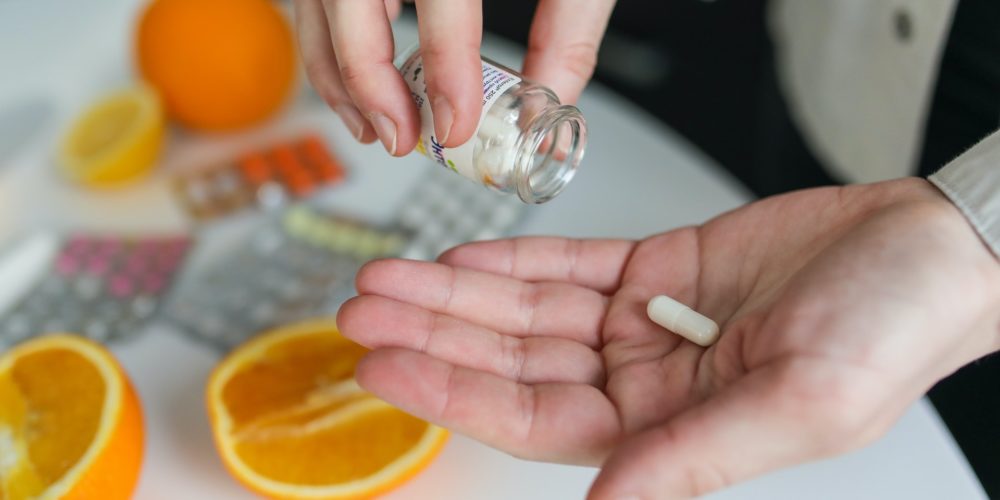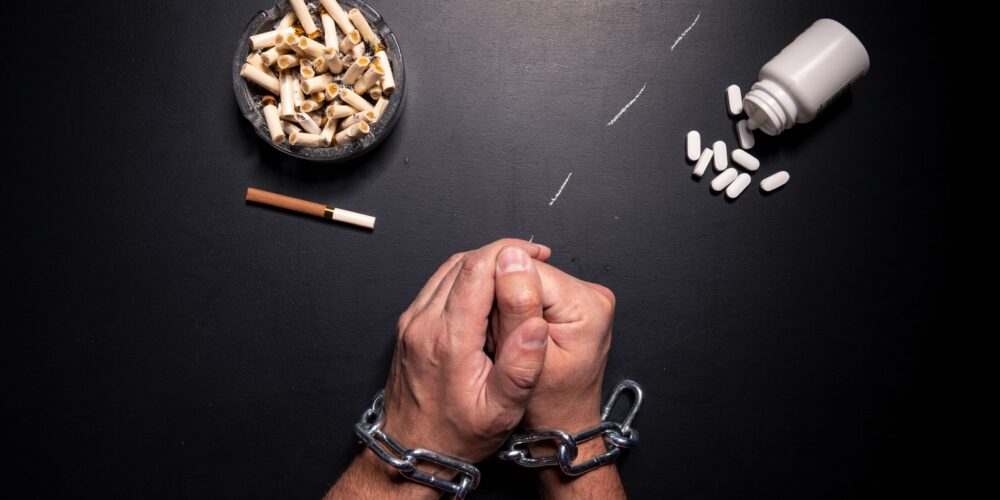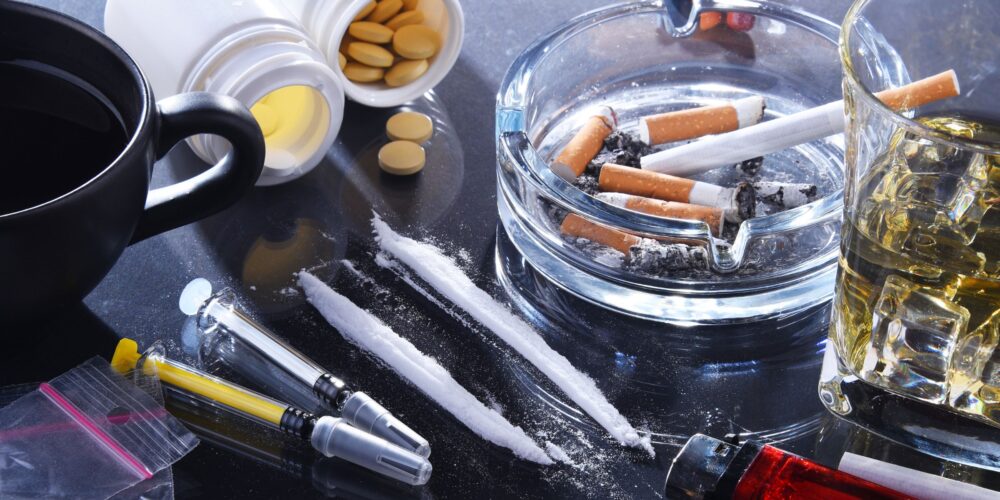Relapse is a common occurrence during the recovery process, and understanding…

Are you scared of detox? If so, you will not be surprised to find out that fear of going through detox is one of the things that keeps people from getting sober. Symptoms of detox can range from unpleasant to life-threatening, depending on the substances you use and the severity of your addiction. That is why it can be so important to have the help of medical professionals when you are getting sober. Let’s break down the question of “what is medication assisted treatment?”.
Fortunately, the detox process does not have to be awful. There are a number of medications that can help you while you purge drugs from your system. Other medications can help support sobriety once detox is complete. While medication-assisted treatment (MAT) may be used to help treat other drug use disorders, it is most commonly used to combat opioid or alcohol addiction.
For some people, there is a stigma about using medication to help achieve sobriety. However, when combined with counseling, psychosocial support, and medical care, medication has proven to be a safe and effective way to treat addiction. MAT is the most effective way to treat alcohol and opioid disorders.
The benefits of MAT extend into many areas of the patient’s treatment program. First and foremost, MAT improves a patient’s chances of survival. MAT makes patients more likely to stay in treatment. It reduces both substance use and related criminal activity for people in recovery. For pregnant women with substance abuse disorders, MAT can improve birth outcomes. MAT has indirect benefits as well, such as increasing a patient’s likelihood of getting and retaining employment.
There are a number of different medications that are used for MAT for opioid and alcohol dependency. While they have many different brand names, most of them are a combination of buprenorphine, naltrexone, and/or methadone. Other medications that may be used to achieve or support sobriety include acamprosate, antiadregenic agents, anticonvulsants, anti-nausea medications, antidepressants, antipsychotics, benzodiazepines, disulfiram, and modafinil. Because many people with substance abuse disorders also have other mental health disorders, successful treatment may also involve medical treatment for an underlying disorder.
With so many possibilities for MAT therapies, there is no one-size-fits-all approach. That is why it is important that a treatment team customize the right MAT therapy for you. With MAT, you can get sober while avoiding the worst effects of withdrawal. MAT can also support sobriety by reducing cravings, balancing chemical imbalances in the brain, and even causing unpleasant reactions if you use. If you are interested in finding out more about MAT, contact Greater Essex today.



